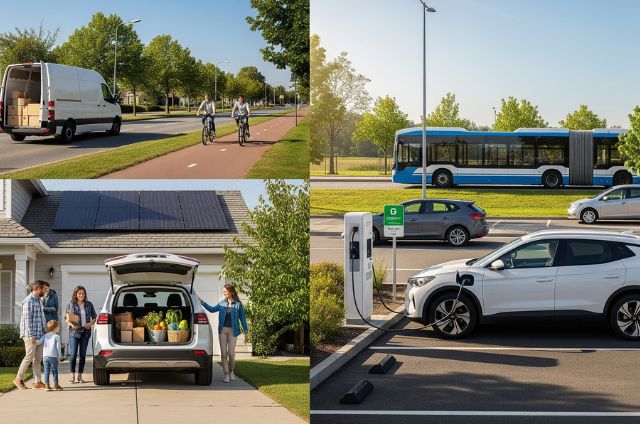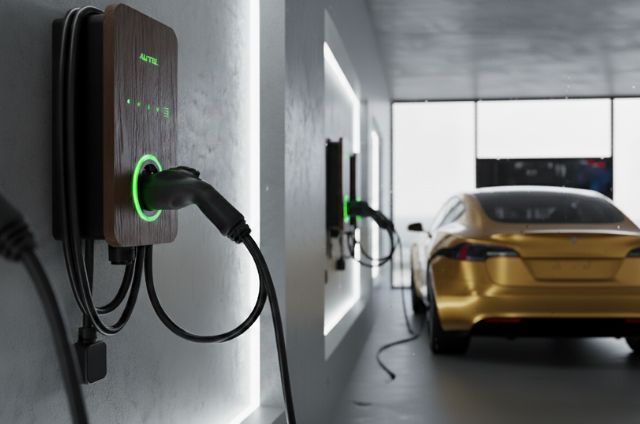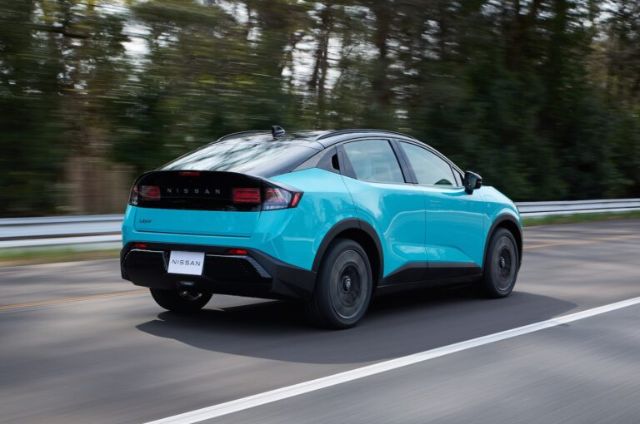Rethinking the EV Conversation
Electric vehicles have too often been sold as a moral obligation. But let’s be real—Americans don’t buy cars to feel virtuous. They buy what’s practical, affordable, and smart. And that’s exactly where EVs shine.
Forget the environmental guilt trip. Think convenience, savings, and control. EVs are quietly reshaping how we drive, and they’re doing it with logic on their side.
Power at Home = Freedom at the Wheel
Most EV owners plug in at night and wake up to a fully charged car. No gas station detours. No oil changes. Just a car that runs silently, saves money, and always starts the day ready.
Nearly 80% of EV charging happens at home—not because it’s forced, but because it’s convenient. And with rooftop solar, many drivers power their rides for nearly nothing.
The Urban Challenge—and the Fix
Not everyone owns a garage. That’s real. Renters and city dwellers often hit charging barriers. But here’s the good news: solutions already exist. In Europe, curbside chargers with plug-in-your-own cable systems are tied to your utility account. The U.S. could easily do the same.
Cities like New York and Los Angeles are already testing streetlamp-based chargers. Meanwhile, new “right to charge” laws are helping renters demand better infrastructure. The future is flexible, not one-size-fits-all.
More Than Green—They’re Just Better
EVs convert over 75% of energy into movement. Gas cars? Just 12%—the rest is lost as heat and noise. That’s not innovation, that’s old tech on borrowed time.
EVs are also becoming workhorses. Rideshare drivers are adopting them faster than the public, thanks to lower operating costs. And vehicle-to-grid tech is coming, turning EVs into backup power banks.
The Bottom Line
Cleaner air. Lower fuel costs. More control. Whether or not you care about climate change, EVs make sense today. This isn’t about politics. It’s about driving smarter.



